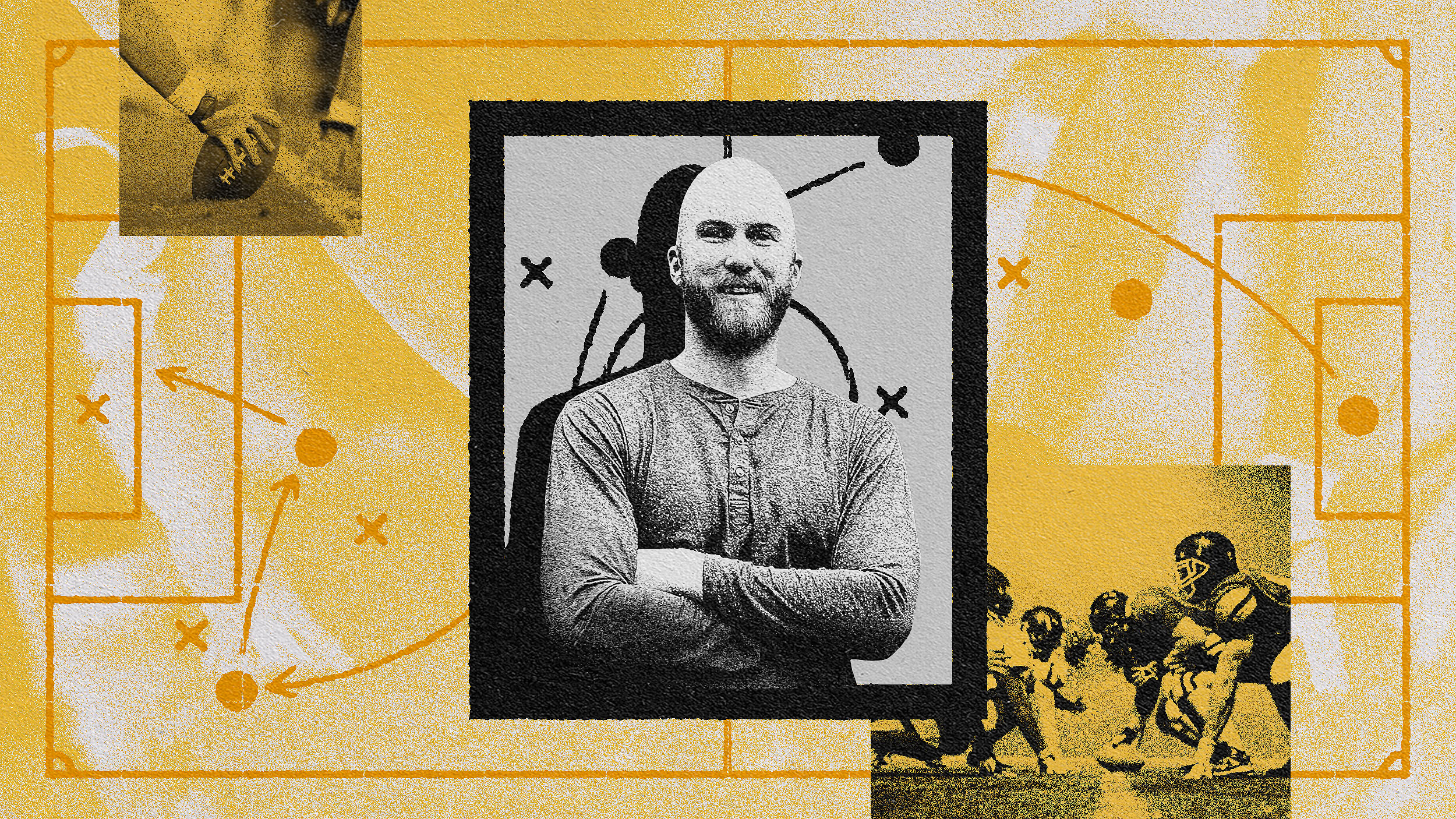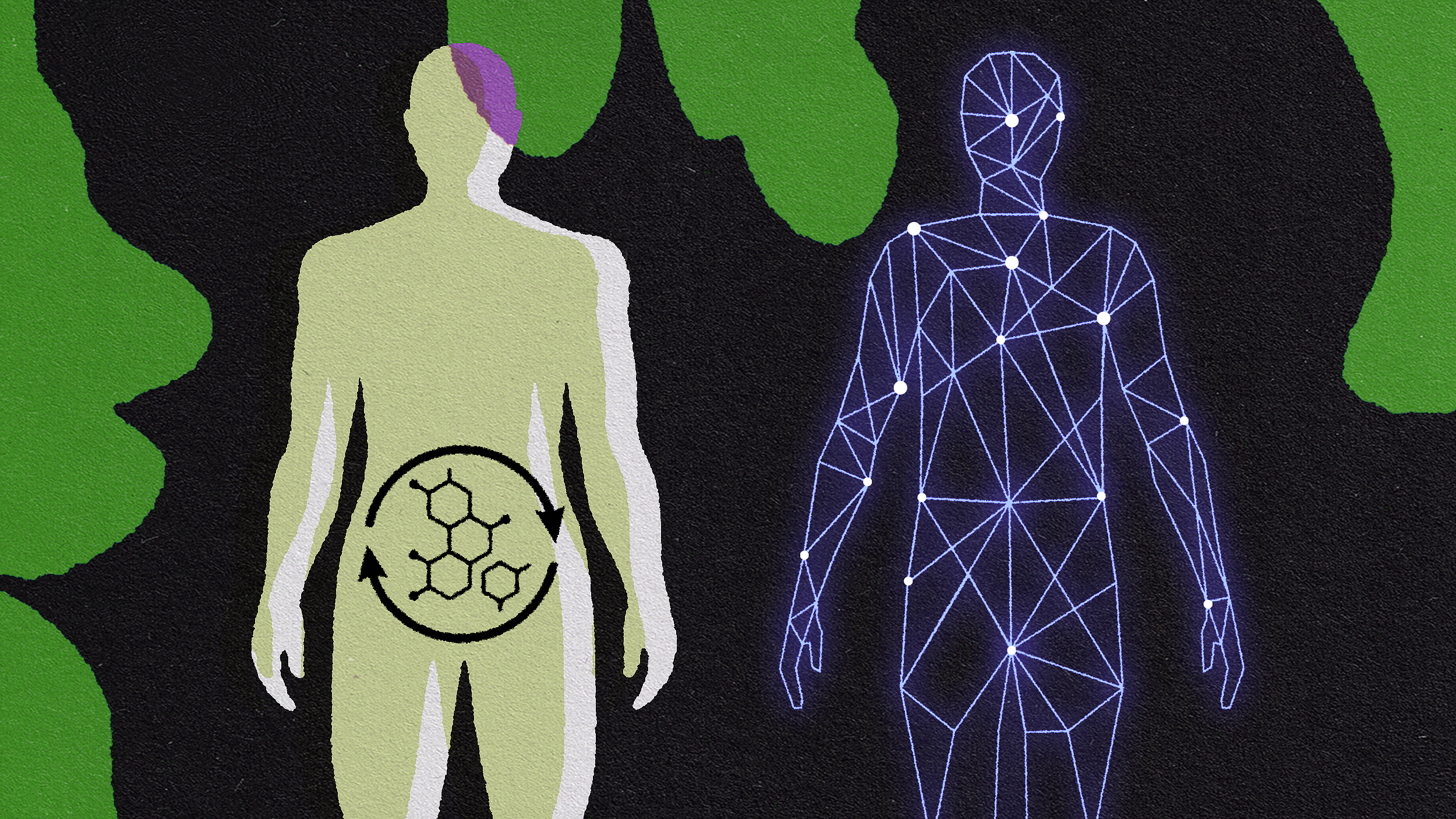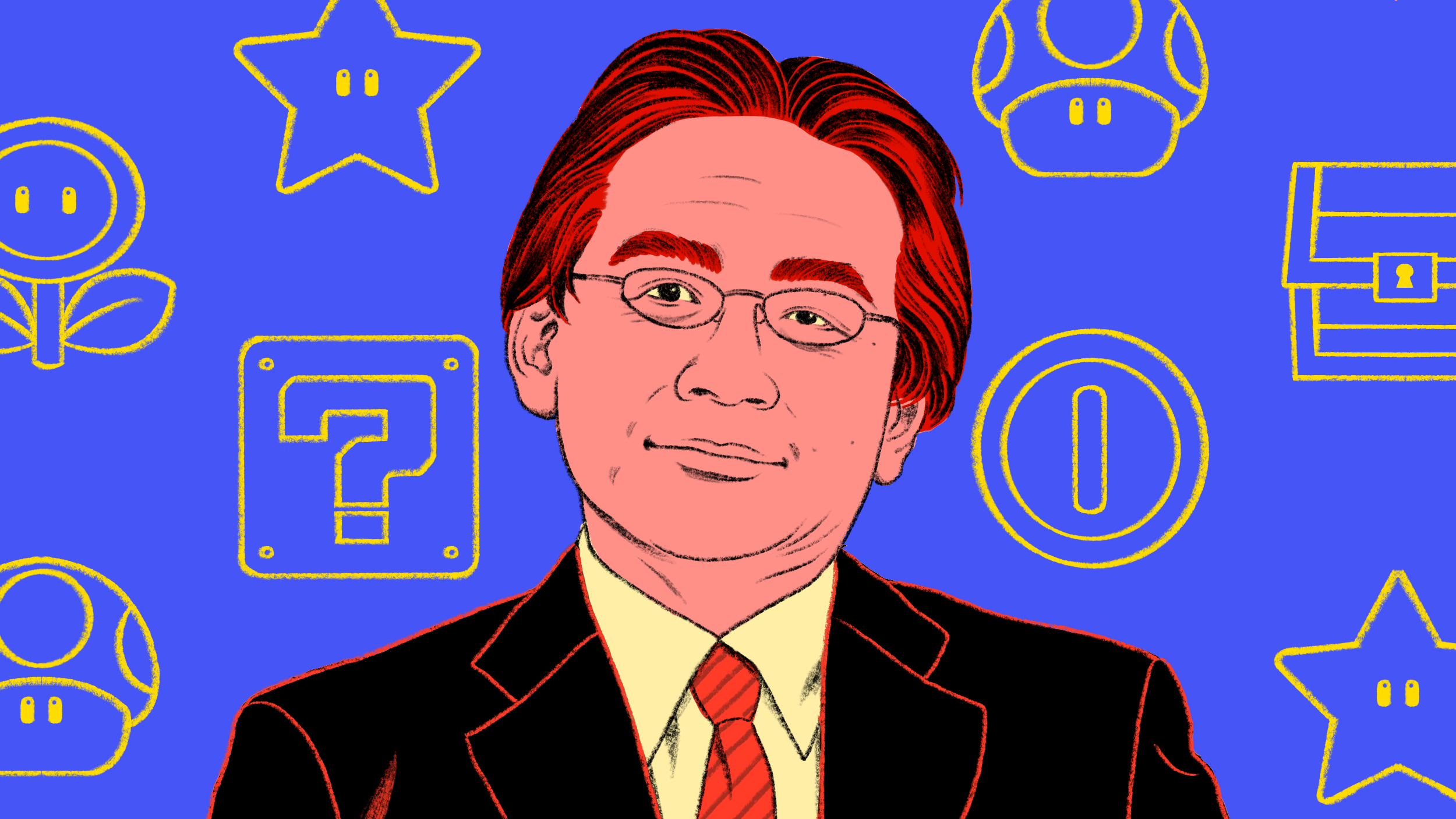This video is part of Z 17 Collective’s Future of Learning series, which asks education thought leaders what learning can and should look like in the midst and wake of the coronavirus pandemic.
GRANT LICHTMAN: The need that we've recognized going back two or three decades at least is rooted in one fundamental issue. The world is rapidly changing around us and the system of education has not. That concept that the world is rapidly changing around us was largely a theoretical construct for most people in the world until about eight weeks ago. Suddenly, many people in the world understand the concept of exponential change. It's not just about the exponential changes in technology, but there are many things in the world around us in our economic, social, political, environmental systems that are experiencing that rate of exponential change. And now with this pandemic we know what that means. So, what's been pushing education to change has been that need to meet different challenges in the world around us. Many complex systems in the past when the world wasn't changing as quickly have been pretty successful with sort of traditional organizational structures that are largely vertical and largely hierarchical where a leader, the role of a leader is to tell the next group down, the next layer of hierarchy down what to do. They tell the next layer of the hierarchy down what to do, et cetera. And that was typical of large corporations, of the military, of political systems. It's certainly been typical of schools. Superintendent tells the principals. The principals tell the division leaders. The division leaders tell the department chairs. The department chairs tell their faculty and the faculty then direct the students.
In times of rapid change we know that system doesn't work. It just doesn't evolve quickly enough. Decisions are not made quickly enough. By the time a decision is made the world has changed beyond us and we're experiencing that today with the pandemic crisis. What has started to replace that are vastly more distributed systems of leadership, where a good principal says to her faculty, 'I'm not going to tell you everything you need to do. I trust you. I believe you. Work together, collaborate, try stuff. If it works great, we'll carry forward. If it doesn't work we'll recognize the failure, we'll iterate, we'll shift the practice based on that experience.' And that's what we've seen explode in the last couple of months because we can't control everything that's going on in education right now. We've had to allow our teachers and our students to take much greater ownership of leading from where they are. So if there's one element around leadership that has certainly helped with these schools that have been able to transform over the last several years it is that the leaders become managers of change, not directors of change. As long as I've been in education, educators have told me changing a school is like turning an aircraft carrier. That metaphor has been drilled into us over decades. This is a complex system and you can't change it quickly and it's like turning an aircraft carrier.
Well, guess what? Six weeks ago every educator I know turned that aircraft carrier in a week, and so we no longer have the right to default back to, 'We can't do it because it just takes too long.' Yeah, we can make changes quickly if we know that we have to, if we have courage, if we take ownership of what we can control, if we allow others to take ownership of what they can control, and we connect and share what works. Our nation and our world has become increasingly divided in ways that transcend or even make civil discourse in civil organizations very difficult. We as educators and we as parents should be focusing enormous amounts of effort on helping our students to understand things like the nature of truth, objective reality, who to listen to, what is the difference between an expert and a person who just has a large social media feed? How can we empathize more with people who don't look and think like us? If we don't get these things right, if we don't get things like empathy and civil discourse and recognition of the other or recognition of shared objective truths around which form the foundation of civil society, all the rest of the stuff doesn't matter. Learning math and a foreign language and reading literature. None of that stuff matters if we don't get those big questions right, and we haven't been focused on those very much. I see people across the political spectrum making that same argument.
So, those are the things that I want us to focus on. The social-emotional wellness of our students, of our adults, our ability to understand the viewpoints of others and have those civil discussions with each other. These are the big issues around which we have to wrestle to help all the rest of our education actually make sense.





